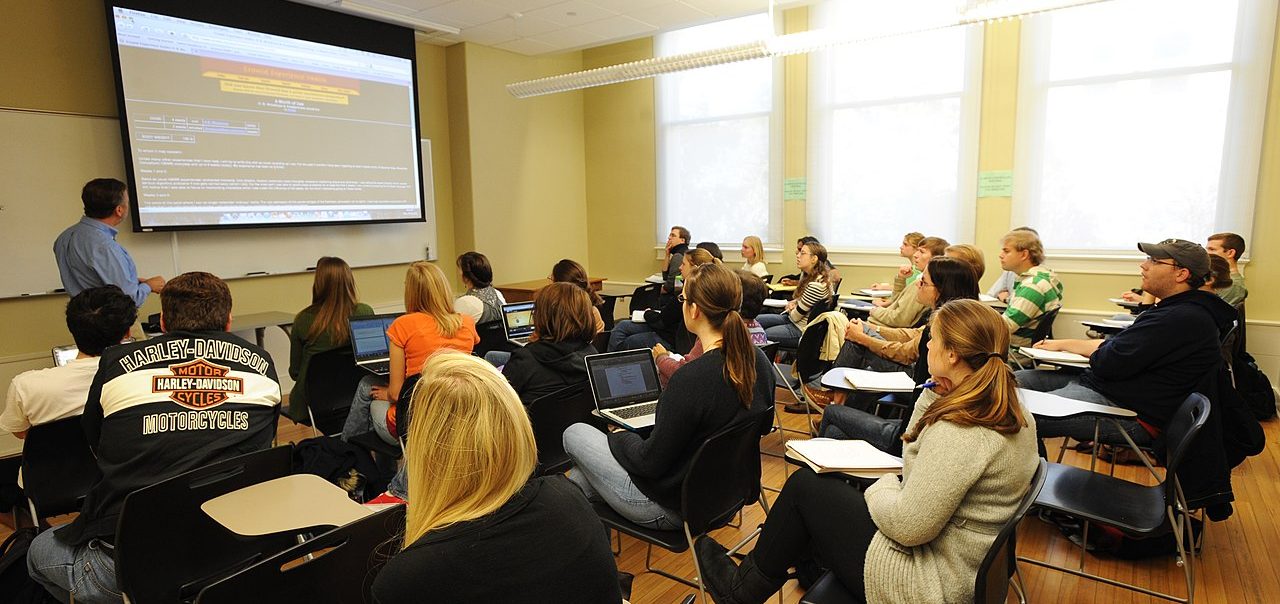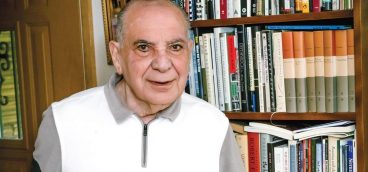We Were Teachers

In 2003, I received an invitation from David Shribman, the new executive editor of the Post-Gazette and a Red Sox fan, to write a guest column on what it was like to be a Pirates fan in exile.
Over the past 20 years, I’ve written a number of guest columns in exile, ranging from the misuse of “yinz” (those of us who are native speakers of Pittsburghese said “yunz”) to Pittsburgh’s smoky city past (it’s a wonder I’m still alive), but more than anything else, I’ve written about the Pirates.
Out of all sense and reason, I love my Pirates. Once, after crossing out the Steelers and writing in the Pirates, I sent a Valentine’s Day card to my wife Anita that proclaimed, “Roses are red/ Violets are blue. The Pirates are number one/ but you’re number two.” But, while I bleed Pirates black and gold, I spent over three decades teaching Irish Studies. My heroes were James Joyce, William Butler Yeats, and Sean O’Casey —- great writers, but they never played a game of catch.
I should point out that Anita, after doing a great job of raising our three kids, also taught for decades. She was a gifted teacher, remarkable for creating a caring atmosphere for her first-grade classes where her students looked forward to going school rather than dreading the experience.
Anita and I attended Edinboro State Teachers College in the early 1960s, where there was no doubt that we were being prepared for teaching careers. During our years at Edinboro, we were trained to be in the classroom, took courses in our field, and student-taught our senior year.
Anita became a celebrity as a student teacher when one of her first-grade students ran from the classroom and out of the building, and headed for oncoming traffic. Anita whipped off her heels, dashed after the student and caught him in a hug before he got very far. I used to kid her that I was the one who ran track, but she became famous at Edinboro as a runner.
Anita and I are proud of the years we spent in the classroom, but we’ve become alarmed by what has become an exodus of those in the teaching profession and a decline in those seeking teaching certification. A recent study of public schools in Pennsylvania, where Anita and I became certified teachers, reported that 7.7% of the state’s teachers had left the profession over the past two years.
Even more alarming is the report that those seeking to enter teaching by becoming certified dropped from 15,000 to 4,000 over the same period. Illinois, where Anita and I spent most of our teaching careers, is now, like Pennsylvania, desperate for teachers, and uncertified individuals can now become substitute teachers.
When some of those leaving the profession were interviewed, they complained about the poor salaries paid to teachers, a compliant that Anita and I expressed when we were teaching. In 1969, my first year of teaching at Southern Illinois University, my salary was $9,700. During the years that Anita taught public schools in the 1980s, she never made over $20,000. We thought that our kids would have made terrific teachers, but they went on to other professions after watching their parents struggle financially.
The most compelling reason these days, however, for teachers leaving the profession goes beyond salary issues. Driving teachers out of the profession are the increasing attacks from demanding parents and ambitious politicians. Teachers have a long history of being taken for granted despite the vital task they perform in our society, but today they’ve become convenient targets for those waging a cultural war that has gone so far as banning books and threatening teachers with termination if they don’t conform to the prevailing ideology.
Anita and I are proud of the years that we were teachers. I loved the books that I taught, and Anita loved the children that she taught. In these ominous days for the teaching profession, we wonder if we would enter a profession plagued with so many demands and threats. In our day, we were dedicated to the teaching profession. These days, teachers need more than dedication. They also need courage.









